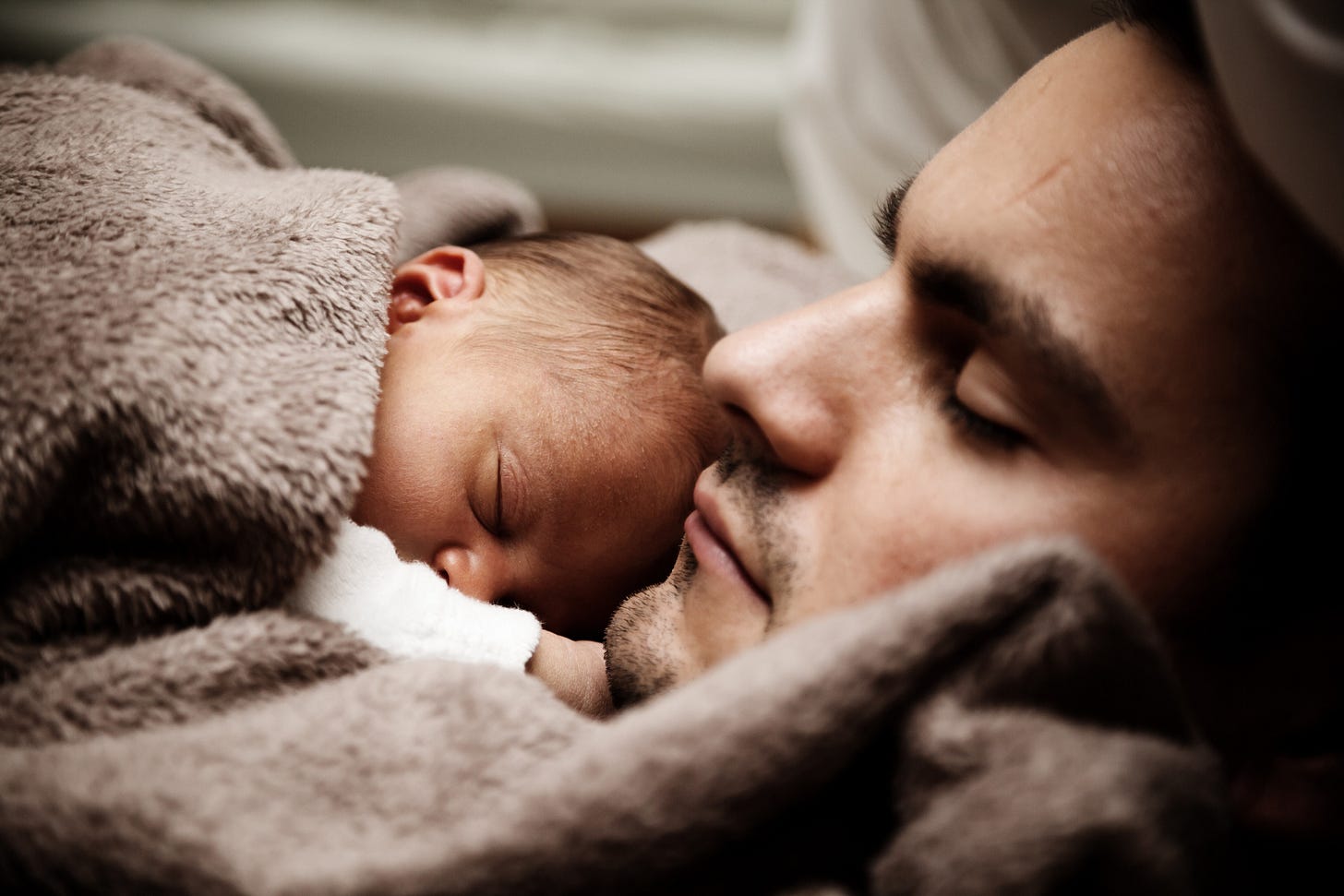
Babies should come with a manual. A friend of mine uttered this statement as he was trying to recall a remedy for baby tummy troubles. There is so much wisdom about raising kids that is housed in the minds of people we will never meet. It's a shame we can't access that knowledge when we need it, he bemoaned.
New parents rely on family and friends with children to help them navigate the parenting trail. They might raise kids as their parents did, or do the complete opposite. They tap into the wisdom of their friends for tips and tricks to handle everything from feeding to sleep. And new parents scour the internet for solutions to the daily list of new developments.
The parenting journey is trial by fire. We don't learn how to be one while in school, and there is no manual to guide the journey. But the knowledge that is bestowed on parents depends largely on the fads of the day. There is immense pressure to follow the latest trends, and parents are socialized into those trends by friends, other parents, acquaintances and strangers alike, and internet sources of information. Our own parents likely don't understand the latest parenting advice because they were socialized to accept a different set of norms, the trends of their time.
I purposely did not read a single parenting book while I was pregnant or after giving birth. Certainly, I read a few bits of advice about what to eat and not eat while I was pregnant, for example, and I have searched for tips on how to effectively burp a baby (one of my biggest challenges, surprisingly) and when I can expect baby to sleep through the night (something I look forward to more than anything else). But books on topics like data-driven or gentle parenting, I have not read.
But alas, I have not avoided such topics. Parents want to tell you how to parent. To be sure, the unsolicited advice is often helpful. You don't know what you don't know, and you wouldn't know it unless someone told you. But this advice can come with judgement if you ignore it. The fear of judgement or being shamed is how parents are socialized into following parenting fads and the acceptable approaches that define the present generation. The fear of messing up or getting it wrong also drive parents to follow the crowd.
Anyone trying to get pregnant should read the book It Starts with the Egg and schedule regular acupuncture sessions. This is predominant advice among members of in vitro fertilization Facebook groups. If you go against the advice given in the book, you have only yourself to blame for why you can't conceive—no one comes out and says this, but it's implied. One woman asked the group whether they thought it okay for her to have a glass of champagne at a friend's wedding while undergoing hormone injections to promote egg production. She wasn't even pregnant yet and some women could not fathom doing such a reckless act. As if one glass would damage her eggs or reduce production of "good" eggs. I don't know if that woman ended up enjoying a glass of champagne, but she certainly didn't share with the group if she did. The shaming might have been too great to bear.
To breastfeed or not to breastfeed also comes with social pressure. In this era, the pressure is toward the former not the latter. So much so that women feel like they have to preemptively justify why they made the choice to use formula before you even ask. In past generations, women might have been told not to feel pressured into using formula if they wanted to nurse, now they are told the opposite: don't feel pressured into breastfeeding.
And parents feel judged by simply learning about what others do. If they know something is perceived as good or better than what they're doing, they feel shame for not following along. Take cloth diapers, for example. I use cloth diapers (most of the time), and when talking to my environmentally-conscious friend about my choice to do so, she got defensive because she uses disposables. Now of course, I did not intent to make her feel bad, but like all parents, she worries she's doing something wrong or should be able to handle more than she can. Using cloth diapers makes motherhood a little more difficult, and those who work outside of the house, as my friend does, would have a hard time making it work. But because cloth diapers are viewed as good by the environmentally conscious, she sees herself as doing something wrong by not following the trend.
The rise of data-driven parenting—via Emily Oster—is likely a welcomed response to the shame-based approach to socializing parents. A parent can now more confidently say: The data supports, or debunks, X, Y, Z. This particular parenting trend also adds nuance to the fear-based recommendations of medical institutions—no, you are not going to kill your unborn child if you eat sushi, drink a cup of coffee, or enjoy one glass of wine a week.
There is no instruction manual, and few parents talk about their approach to mother or fatherhood, which is why many newbies are so surprised by all it entails. If talking about one's method didn't result in judgment or shame, we'd probably have more wisdom floating around.

